Kim Jong-nam: Malaysia investigates apparent poison attack
- Published
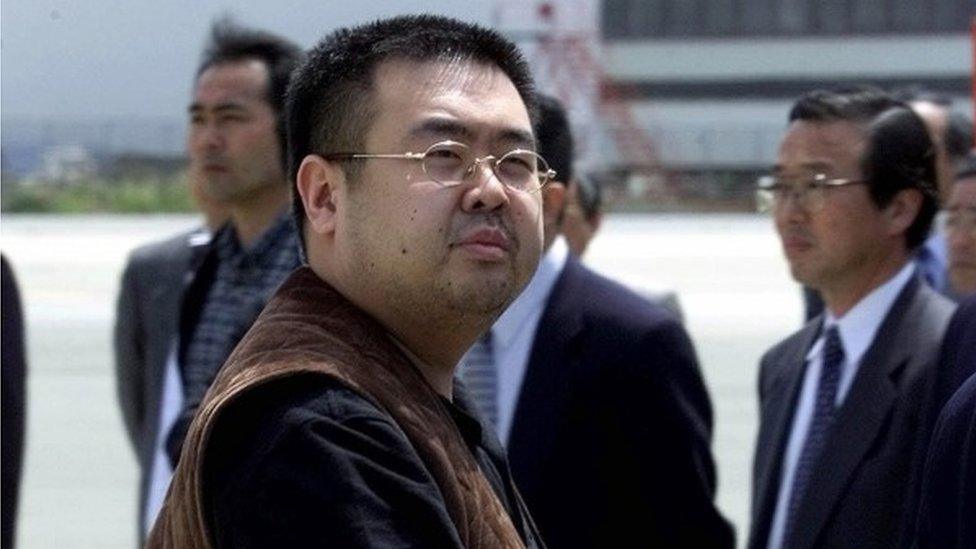
Kim Jong-nam had largely lived outside North Korea since falling out of favour with his half-brother
Malaysian authorities are searching for suspects as they investigate the death of North Korean leader Kim Jong-un's half brother.
Kim Jong-nam died after an apparent poison attack in the airport in the capital, Kuala Lumpur, on Monday.
His body is undergoing an autopsy. Few official details have been released.
South Korea's acting President Hwang Kyo-ahn said if North Korea was found to be responsible, it would show its "brutality and inhumane nature".
A woman from Myanmar has been detained at Kuala Lumpur airport as part of the investigation, Malaysian state news agency Bernama reported.
North Korea silent
Malaysia is yet to formally confirm that the dead man is Kim Jong-nam, as he was travelling under a different name, Kim Chol.
But the government of South Korea has said it is certain it is him. Its spy agency is said to have told lawmakers they believe Mr Kim was poisoned.
It would be the most high-profile death linked to North Korea since Kim Jong-un's uncle, Chang Song-thaek, was executed in 2013.
North Korea has not commented on the death but officials from the country's Malaysian embassy have been visiting the hospital in Kuala Lumpur where Mr Kim's body has been taken.
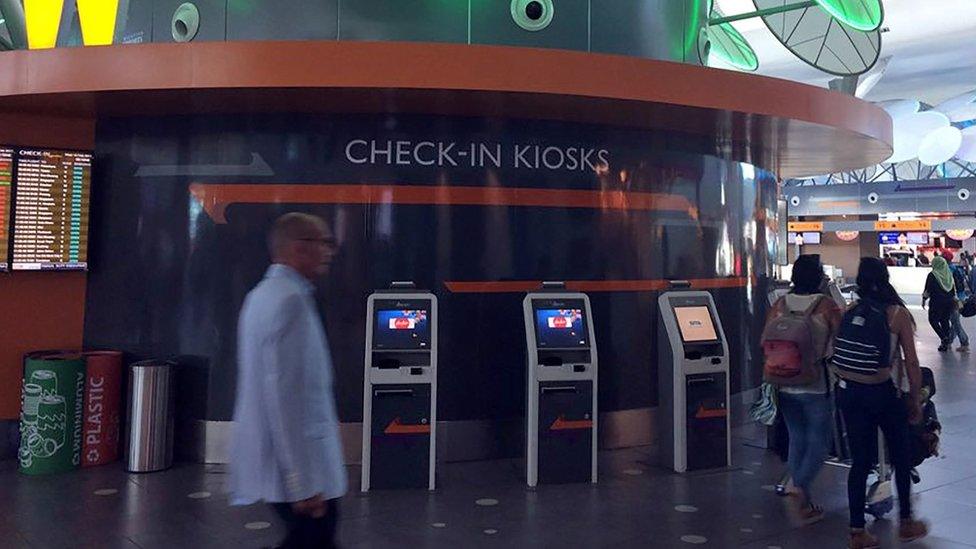
Kim Jong-nam was attacked at Kuala Lumpur International Airport
Mr Kim was attacked while preparing to board a flight home to Macau. His death was only made public on Tuesday.
The chief police officer of Royal Malaysian police, Datuk Sri Abu Samad, has said that a post-mortem examination is expected to be completed soon.
In response to reports that North Korea had asked to claim the body, he said there had been no official request.
Police are studying security camera footage from the airport. Images circulating in the media have focused on two women seen alongside Mr Kim, who were later seen leaving the scene in a taxi.
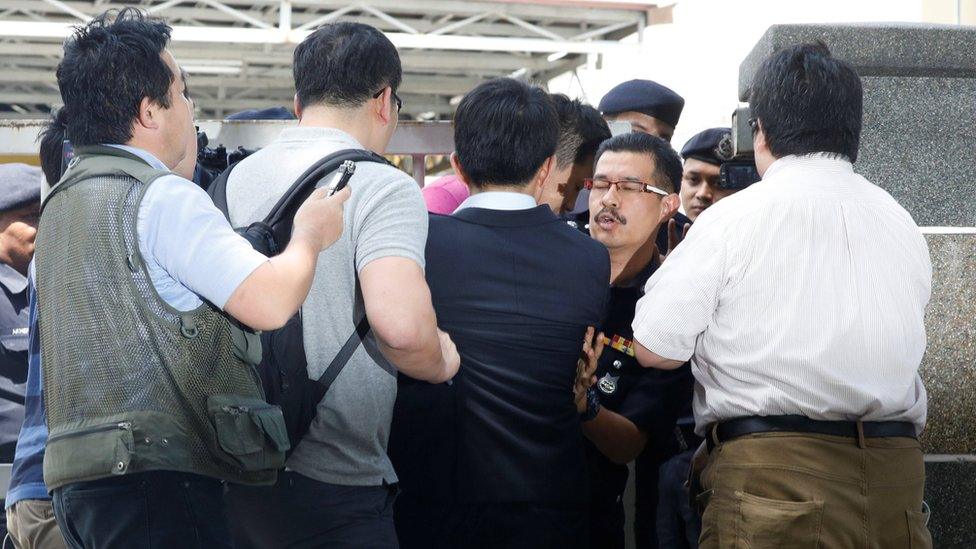
Journalists try to interview a North Korean embassy official at Kuala Lumpur General Hospital
What happened?
Kim Jong-nam was attacked at about 09:00 (01:00 GMT) on Monday while waiting at the budget terminal of Kuala Lumpur International Airport for a 10:00 flight to Macau, Malaysia's Star newspaper reports, external, quoting police.
Exactly how the attack unfolded is still unclear. Officials and witnesses have variously said he was splashed with a chemical or had a cloth placed over his face. Earlier reports spoke of a "spray" being used or a needle.
He died on the way to hospital.
Why the delay in identifying him?
South Korean media named the victim early on Tuesday but the Malaysian authorities initially reported only the sudden death of an unnamed North Korean national who had fallen ill at the airport.
Police then released a statement which quoted the victim's travel document identifying him as "Kim Chol", born on 10 June 1970. Kim Jong-nam is believed to have been born on 10 May 1971.
It was not the first time Mr Kim had travelled under an assumed identity: he was caught trying to enter Japan using a false passport in 2001. He told officials he had been planning to visit Tokyo Disneyland.
Who was he?
The Tokyo incident is thought by some analysts to have spoilt Kim Jong-nam's chances of succeeding his father, Kim Jong-il, who died in 2011.
Bypassed in favour of his youngest half-brother for succession, Kim Jong-nam kept a low profile, spending most of his time overseas in Macau, mainland China and Singapore.
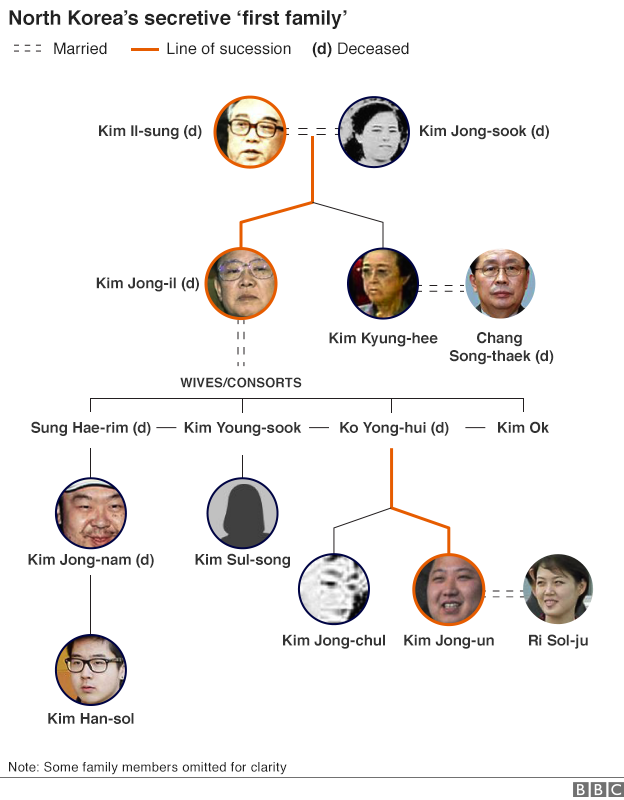
He later spoke out against his family's dynastic control of North Korea and in a 2012 book was quoted as saying he believed his younger half-brother lacked leadership qualities.
But he had said he was not interested in assuming the leadership himself.
Was this an assassination?
Unnamed US government sources have said they believe he was poisoned by North Korean agents.
The director of the National Intelligence Service (NIS), Lee Byung-ho, told South Korean MPs that Pyongyang had wanted to kill Kim Jong-nam for several years, but that he was being protected by China.
Mr Kim was reportedly targeted for assassination in the past. A North Korean spy jailed by South Korea in 2012 is said to have admitted trying to organise a hit-and-run accident targeting him.
The secretive state has a long history of sending agents overseas to carry out assassinations, attacks and kidnappings.
- Published19 July 2023
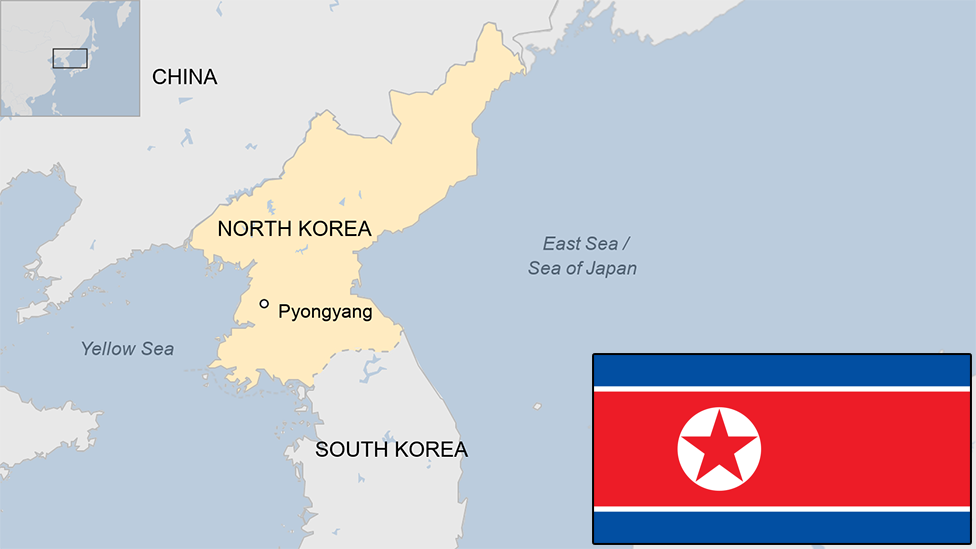
- Published14 February 2017
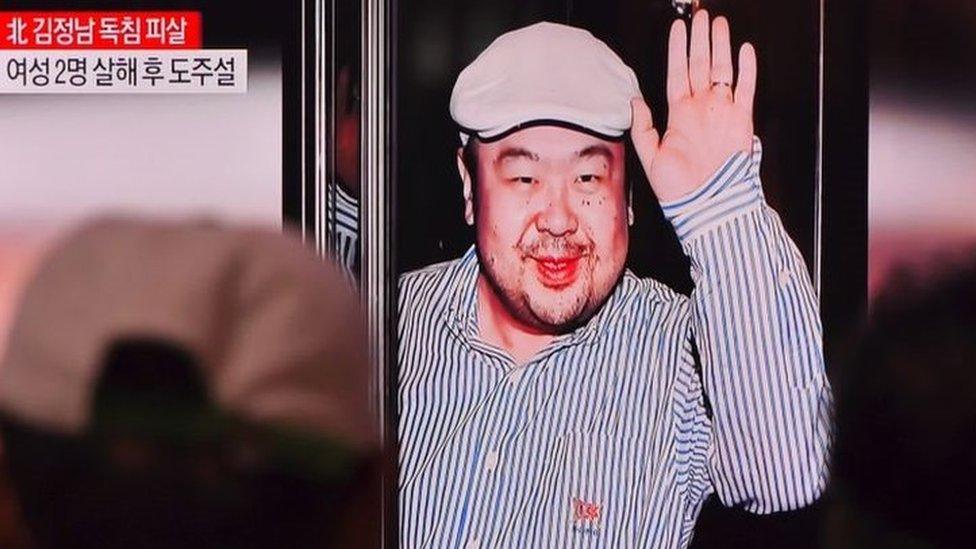
- Published15 February 2017
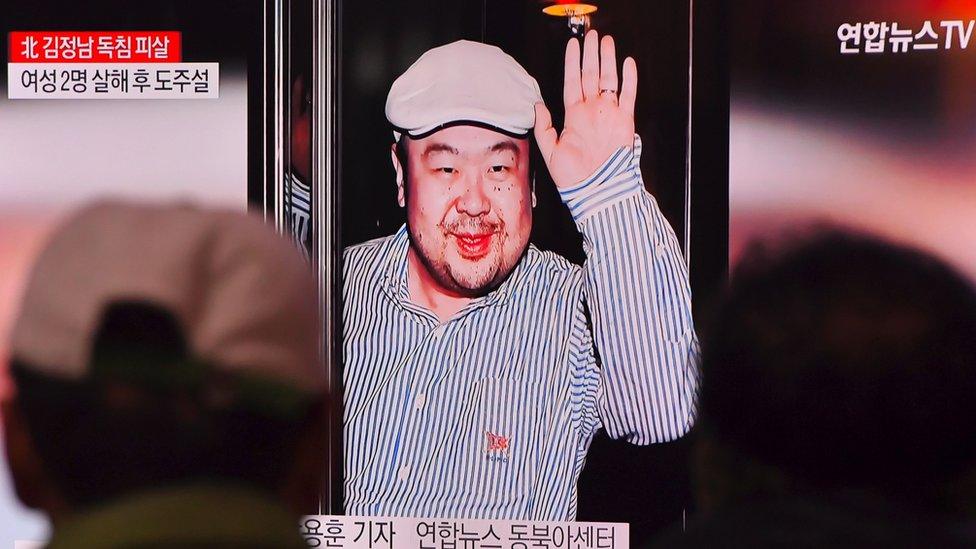
- Published25 January 2017
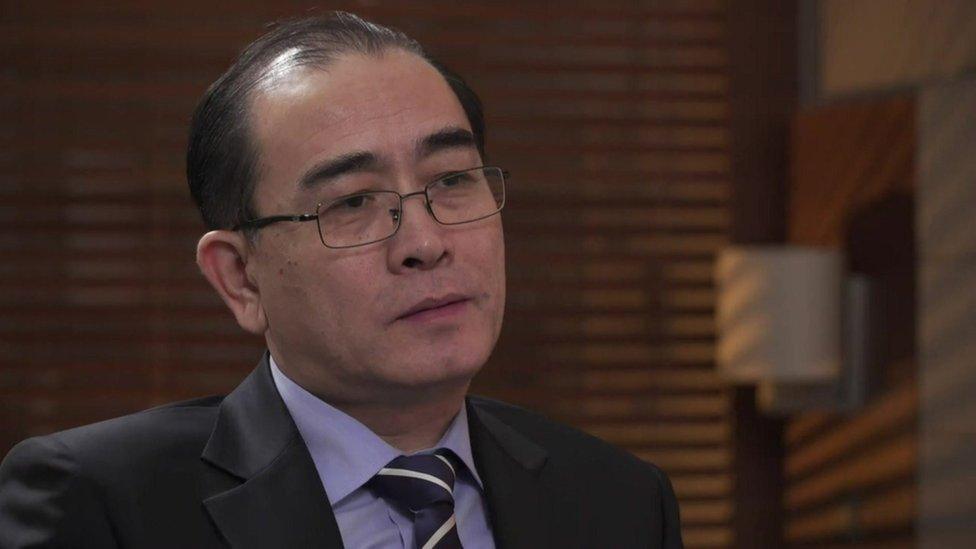
- Published14 February 2017
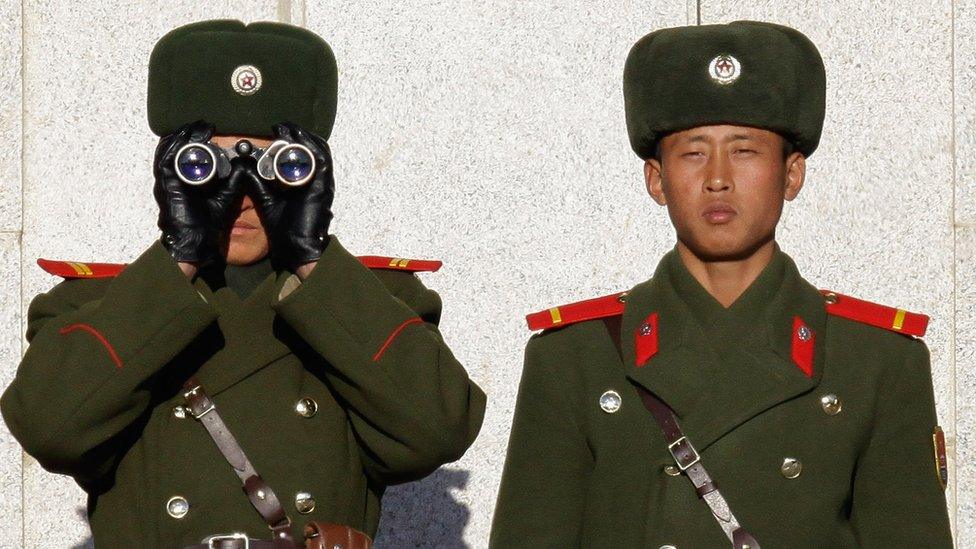
- Published13 December 2013